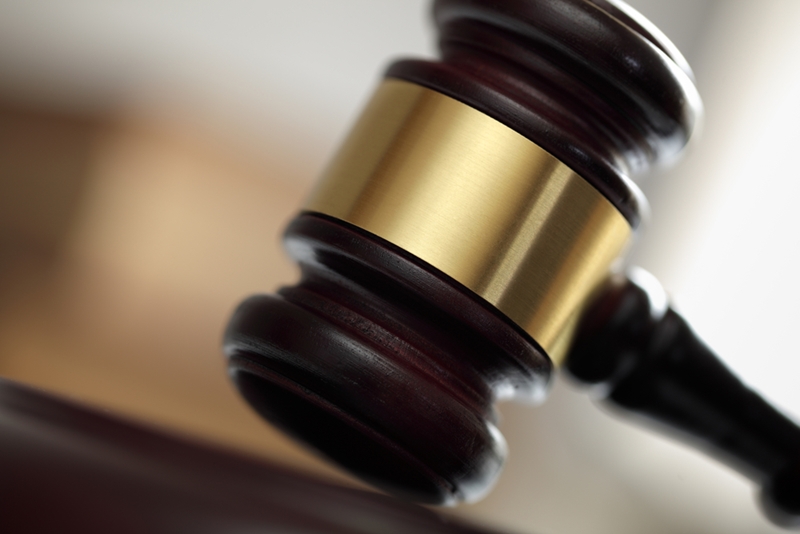The U.S. Supreme Court recently reversed a 1990 ruling that allowed patent-infringement lawsuits to be filed essentially anywhere a business sold products, according to Bloomberg.
Sarah Guske, a patent lawyer with Baker Botts in San Francisco said that this "does change the dynamics." Find out what this ruling may mean for patent owners.
What was the case before the high court?
This decision was made regarding the case TC Heartland v. Kraft Foods Group Brands. TC Heartland LLC, an Indian-based maker of water flavourings came out victorious after Kraft Heinz Co attempted to sue it. Kraft makes MiO water enhancer and filed the case in Delaware, where it is incorporated.
The court ruled that patent suits now must be filed in the state where the defendant is incorportated.
However, the court ruled in favour of Heartland. The court said that Kraft Heinz Co shouldn't be able to sue in Delaware because that is not Kraft's "regular and established place of business," Reuters reports.The high court ruled that patent suits now must be filed in the state where the defendant, not the plaintiff, is incorporated, according Bloomberg.
A number of different companies had a keen interest in this case because of how it will affect their future patent lawsuits. This is because certain jurisdictions (Delaware, Texas Eastern and Virginia Eastern) are more favourable venues for patent owners, as they have shorter trial-waiting times, greater damages awards and overall higher success rates, according to PwC's 2017 report on patent litigation.
What will the effect be?
This case comes on the heels of a number of Supreme Court and Federal Court rulings that have either curbed the amount of money patent owners can receive in damages or that have required more evidence in lawsuits, Bloomberg reports. Some say that this ruling will only further limit patent owners' rights.
"It's going to send cases back to their natural home, and for most cases that is not the Eastern District of Texas," said Sarah Guske.

Other intellectual property lawyers, however, say that loopholes may make it more likely that lawsuits will be filed in jurisdictions favourable to plaintiffs. These lawyers think that the definition of "regular and established place of business" will be broad enough for companies to still be sued "in a jurisdiction if they had stores, warehouses or even remote employees there," Reuters said.
Here at Alder IP, our patent experts are always on top of the latest news that may affect our clients. If you require any advice regarding your legal rights as a patent owner, contact us today to schedule a consultation.